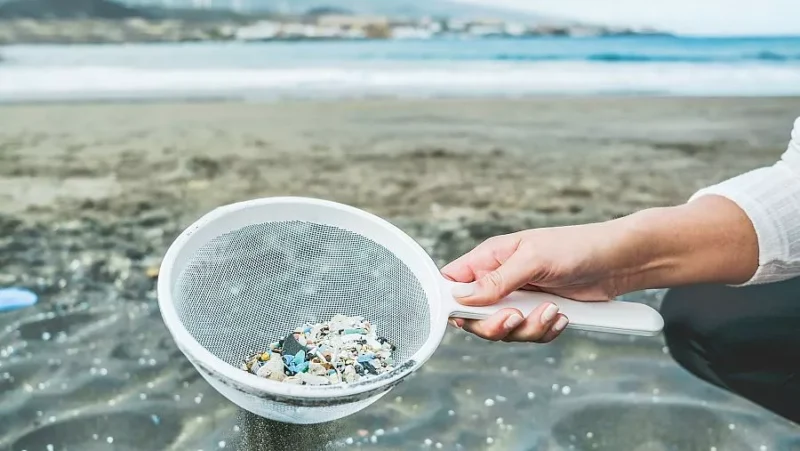Plastic waste can promote antimicrobial resistance even without such drugs. A study published today emphasizes the need to address this type of contamination as a health priority.
Led by Boston University academics, the research highlights that environmental. Also other problems caused by microplastics are now joined by their potential effect on increasing antibiotic resistance.
Moreover microplastics are known to harbor bacterial communities on their surfaces, a phenomenon called plastisphere.
These residues also favor the development of antimicrobial resistance. Even without the presence of antibiotics, the authors stress in their article published in Applied and Environmental Microbiology, journal of the American Society for Microbiology.
Finally addressing plastic contamination is not only an environmental issue, but a public health priority in the fight against drug-resistant infections, stressed Neila Gross, lead author of the study.
With information of Prensa Latina/ Translated by Radio Angulo
- Installation of Photovoltaic Systems in Rural Communities in Holguin - 19 de January de 2026
- 39th City Salon Opens in Holguin - 19 de January de 2026
- Habanos Festival Among Cuba’s Most Important Tourism Events - 19 de January de 2026

